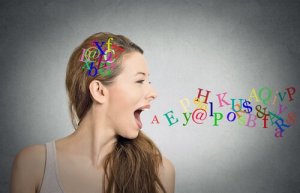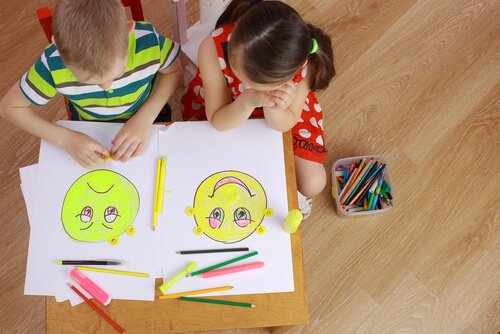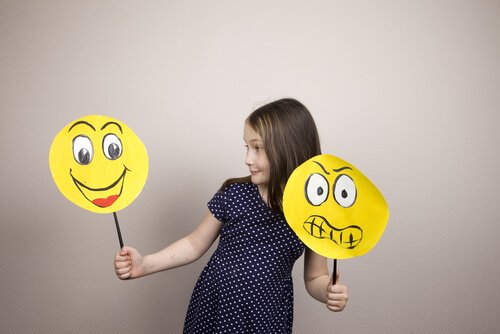Emotional Literacy: Identifying, Understanding, and Expressing Your Emotions

No one ever taught us what emotions are, what they’re for, or how to identify them. There’s no subject in school that talks about them. And it was never even seen as very important to our education, where we just accepted that other people could tell us what to do. Emotions have gone unnoticed for years, but little by little they’ve started to get the attention they deserve.
On top of being social creatures, we’re also emotional ones. This means that the way you process everything inside will determine how you feel. Now we’ll look more deeply at what exactly emotional literacy is.
What is emotional literacy?
The word literacy usually goes along with the process of teaching someone to read or write. These are basic skills when it comes to education. But it also seems like this concept has branched off into different directions depending on what you’re trying to teach. For example, there’s informational, scientific, and technological literacy.
One of the main, most interesting challenges for our health and happiness is emotional literacy. It’s the process of teaching about emotions, and it starts in school.

Emotional literacy means teaching people what emotions are, what they’re for, and how to express them. It means teaching people to understand themselves and others on an emotional level. It’s an educational challenge that increasing numbers of schools and preschools are addressing with emotional education programs.
And as a side note, you can use the concepts of emotional literacy and emotional education as synonyms. They’re like two trains with different names but the same destination.
“Emotional education is the constant, permanent educational process that tries to encourage emotional development. It sees this as a necessary partner for cognitive development, because they’re both key elements of developing a full personality.”
-Rafael Bisquerra-
Authors like Daniel Goleman and Rafael Bisquerra have taken a real interest in developing this concept. Goleman says that education about character, moral development, and civic duties goes hand-in-hand with emotional literacy and education about emotional intelligence.
Emotional literacy gives you the ability to handle disruptive behavior, aggression, and conflict in your relationships. After all, a lack of emotional skills usually goes along with those kinds of problems. That’s why they will probably happen less often if we educate people about emotions.
Goals of emotional literacy
Beyond helping people explore the world of emotions, emotional literacy has some specific goals:
- Identifying cases of poor emotional performance.
- Getting to know what emotions are and how to recognize them in other people.
- Learning to classify emotions.
- Regulating and processing emotional levels.
- Developing tolerance for the frustrations of daily life.
- Preventing consumption of addictive substances and other risk-related behaviors.
- Developing resilience.
- Taking a positive attitude towards life.
- Preventing interpersonal conflicts.
There are also authors who point out different objectives, like learning empathy, emotional self-control, and delaying gratification. These are all positive behaviors that don’t just play a part in your own well-being. They also play a part in the well-being of other people.

The benefits of emotional literacy
Understanding our emotions better makes us smarter so we can be happier. It’s the kind of total intelligence that’s not just about cognitive things. It absolutely has to have emotional and behavioral parts too.
What we mean is that it’s not just important to look at what you feel. It’s also important to look at how that expresses itself and how you should process the information your emotions send you. Lastly, the way you process them will play a part in your mental health.
It’s not just kids who benefit from this teaching and learning process. Teachers and the entire educational community also get something out of teaching the subject. Even parents can get something out of it if they work with their kids on what they learned in class.
Emotional literacy is a huge challenge. But that also means it’s a great opportunity. It’s a valuable way to get to know yourself and others. It’s an awakening that’s absolutely worth the effort.
This text is provided for informational purposes only and does not replace consultation with a professional. If in doubt, consult your specialist.








